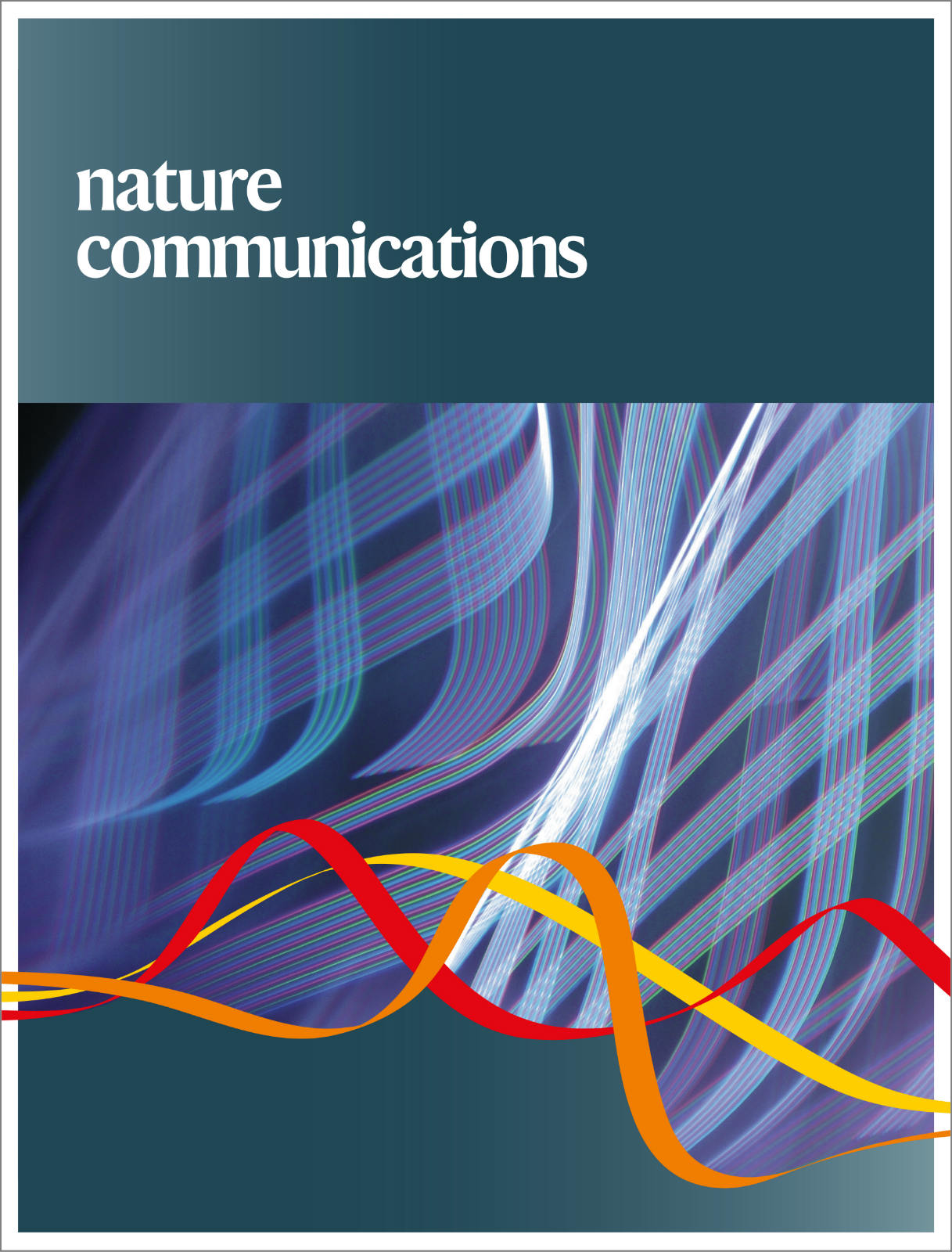VRK2靶向通过MYC不稳定增强肝细胞癌的抗pd -1免疫治疗
IF 15.7
1区 综合性期刊
Q1 MULTIDISCIPLINARY SCIENCES
引用次数: 0
摘要
MYC原癌基因bHLH转录因子(MYC)的失调是肝细胞癌(HCC)的一个常见但机制尚未确定的驱动因素。虽然MYC仍然是一个难以捉摸的治疗靶点,但制定促进其降解的策略成为一种有希望的替代方法。在这里,我们发现牛痘相关激酶2 (VRK2)作为一种直接与myc相互作用的激酶,通过丝氨酸(Ser)281/293的磷酸化来稳定癌蛋白。这种磷酸化使VRK2能够与含有FBXO24 (SCF-FBXO24) E3连接酶的Skp1-Cullin-F-box蛋白复合物竞争,从而阻断MYC多泛素化和蛋白酶体降解。稳定的MYC-VRK2复合体放大了致瘤程序的转录激活,包括免疫检查点程序性细胞死亡配体1 (PD-L1)和VRK2本身,建立了一个自我强化的致癌回路。在HCC模型中,治疗性抑制VRK2可降低MYC蛋白水平,抑制肿瘤进展,并与抗程序性细胞死亡-1 (PD-1)免疫疗法协同作用。我们的研究结果表明,VRK2介导的MYC稳定是连接肝癌发生与免疫逃避的关键联系,提出VRK2激酶抑制是MYC驱动的HCC的一种基于机制的治疗策略。本文章由计算机程序翻译,如有差异,请以英文原文为准。
VRK2 targeting potentiates anti-PD-1 immunotherapy in hepatocellular carcinoma through MYC destabilization.
Dysregulation of MYC proto-oncogene, bHLH transcription factor (MYC) represents a common yet mechanistically unresolved driver of hepatocellular carcinoma (HCC). While MYC remains an elusive therapeutic target, developing strategies to promote its degradation emerges as a promising alternative approach. Here we show that vaccinia-related kinase 2 (VRK2) functions as a direct MYC-interacting kinase that stabilizes the oncoprotein through phosphorylation at Serine (Ser)281/293. This phosphorylation enables VRK2 to compete with the Skp1-Cullin-F-box protein complex containing FBXO24 (SCF-FBXO24) E3 ligase, thereby blocking MYC polyubiquitination and proteasomal degradation. The stabilized MYC-VRK2 complex amplifies transcriptional activation of protumorigenic programs, including the immune checkpoint programmed cell death ligand 1 (PD-L1) and VRK2 itself, establishing a self-reinforcing oncogenic circuit. Therapeutic inhibition of VRK2 in HCC models reduces MYC protein levels, suppresses tumor progression, and synergizes with anti- programmed cell death-1 (PD-1) immunotherapy. Our results reveal VRK2-mediated stabilization of MYC as a critical nexus linking hepatocarcinogenesis to immune evasion, proposing VRK2 kinase inhibition as a mechanism-based therapeutic strategy for MYC-driven HCC.
求助全文
通过发布文献求助,成功后即可免费获取论文全文。
去求助
来源期刊

Nature Communications
Biological Science Disciplines-
CiteScore
24.90
自引率
2.40%
发文量
6928
审稿时长
3.7 months
期刊介绍:
Nature Communications, an open-access journal, publishes high-quality research spanning all areas of the natural sciences. Papers featured in the journal showcase significant advances relevant to specialists in each respective field. With a 2-year impact factor of 16.6 (2022) and a median time of 8 days from submission to the first editorial decision, Nature Communications is committed to rapid dissemination of research findings. As a multidisciplinary journal, it welcomes contributions from biological, health, physical, chemical, Earth, social, mathematical, applied, and engineering sciences, aiming to highlight important breakthroughs within each domain.
 求助内容:
求助内容: 应助结果提醒方式:
应助结果提醒方式:


